My research projects prior to 2023 are listed here.
Fluid Language Pedagogy (FLaP)

Promoting “Personalized, Autonomous, and Active Learning” by fully leveraging the power of GenAI!
Sponsored by MIT’s School of Humanities, Art, and Social Science Education Innovation Fund (MITHIC Education Grant)
Generative AI-related projects
Flexible Language Pedagogy (FlaP) (submitted in November, 2024 to the MIT Human Insight Collaborative (MITHIC) Education Fund (pending)
COLLABORATIVE AND ADAPTIVE LANGUAGE LEARNING WITH GENERATIVE AI (2024-2025) funded by the MIT ACF (Alumni Class Funds)

This project aims to design and develop a new Japanese language class that leverages the power of generative AI technologies such as ChatGPT. This new class will be offered in the spring semester of 2025, and it will bring a groundbreaking shift in language instruction, integrating generative AI to serve as a co-language teaching assistant (hereafter, co-LangTA).
This project enables us to establish a ‘playground’ for exploring and developing new pedagogical approaches that co-exist with generative AI. Such an experimental space is essential for fostering innovation in teaching methodologies. It is important to acknowledge that this project is based on a trial-and-error approach, and as such, there is no absolute guarantee of its success. However, the potential benefits of integrating AI into language learning, in terms of both pedagogical innovation and student flexibility, make this project worth pursuing. See my proposal for more details.
PBLL (Project Based Language Learning) + AI (June 17-22, 2024)
This project aims to integrate project-based language learning (PBLL) and generative AI technologies, creating an “AI-assisted PBLL” approach for 21G.510 (Project-based Japanese learning). AI-assisted PBLL is a learner-centric approach that enhances language learning through active, autonomous engagement using learners’ target language, supplemented by immediate AI-generated feedback. The project involves three tasks: (i) developing the concept of AI-assisted PBLL; (ii) redesigning the existing syllabus and schedule of 21G.510 to align with the AI-assisted PBLL approach, and (iii) creating tailored assessment methodologies. This integration promises to significantly enrich language education by leveraging the synergies between PBLL and AI capabilities.
Details:
This project aims to develop an innovative fusion of project-based language learning (PBLL) with the capabilities of generative AI technologies, such as ChatGPT. I call it “AI-assisted PBLL.” Central to this approach is a student-focused pedagogy that emphasizes active and autonomous learning while engaging students in cognitively rich tasks and/or projects using their target languages.
AI-assisted PBLL retains the core advantage of PBLL: it encourages students to apply their linguistic skills to their personal interests and addresses real-world challenges. Infusing generative AI into PBLL, however, offers benefits that cannot be obtained by conventional PBLL; especially the benefit of delivering immediate, tailored feedback to learners anytime, anywhere. With AI’s rapidly evolving capabilities, AI is soon likely to be able to accurately address learners’ inquiries in real time, using their target language(s). Such immediate feedback not only enhances learners’ language proficiency but also spurs their intellectual curiosity and motivation. Traditional PBLL may offer individualized feedback by teachers, but students often cannot receive immediate feedback from teachers. In addition, AI-assisted PBLL empowers learners to refine their prompt writing skills and AI literacy, both being essential competencies in the AI era. In this respect as well, it is worth exploring the AI-assisted PBLL approach and implementing it in an actual classroom setting.
Hayashi-ULVAC MISTI Seed Fund Project
(2023-2024 Grant Cycle)
Activities
Publication: Peer-reviewed Journal:
Ryan Lege, E. Bonner, and T. Aikawa (2024) “Pecha, A Language Practice Peer: Guiding Language Learning Interactions Through Large Language Models,” (ed.) Yijen Wang, Technology in Language Teaching and Learning (https://www.castledown.com/journals/index.php/tltl).
Project: A bespoke comprehensive language learning interaction partner
- Takako Aikawa, Senior Lecturer, Global Studies and Languages (PI)
- Ryan Lege, Kanda University of International Studies
- Euan Bonner, Kanda University of International Studies
Project Timeline
Project Collaborators
(Collaborators)
A bespoke comprehensive language learning interaction partner
- Takako Aikawa, Senior Lecturer, Global Studies and Languages
- Ryan Lege, Kanda University of International Studies
- Euan Bonner, Kanda University of International Studies
Prompt Engineering
Prompt templates from Google Docs
- Translation
- Quiz Generation
- Create a vocabulary list
- Translate into easy English
- Mollick and Mollick: Use LLMs as a language consultant
Various Sample Prompts for Language Teachers
- Classification task: This ACTFL-rubric prompt classifies students’ essays based on the ACTFL proficiency guidance.
- Easy Japanese: This easy-Japanese prompt translates difficult text(s) into easy ones. (Prompt is in English and the text is Japanese)
- Easy Chinese: This easy-Chinese prompt translates difficut Chinese text(s) into easy ones.
- Emulate Human-like Feedback: This emulate-human-like feedback prompt tries to do an error analysis of student’s writing. It provides: corrected sentencence and feedback from GPT. Prompt is in English and the error sentences are Japanese.)
- Multiple-choice Reading Comprehension Quiz Prompt: This reading comprehension quiz prompt generates a multiple-choice reading comprehension quiz from a given text.
- Dialogue Generation Prompt: This dialogue generation prompt generates dialogues using given vocabularies with specific styles.
- Vocabulary List Creator Prompt: This voc-list prompt creats a vocabulary list from a newspaper article (Yomiuri-newspaper).
- Kanji Reading Quiz Prompt: This kanji reading quiz prompt generates a multiple-choice kanji reading quiz based on a given text.
